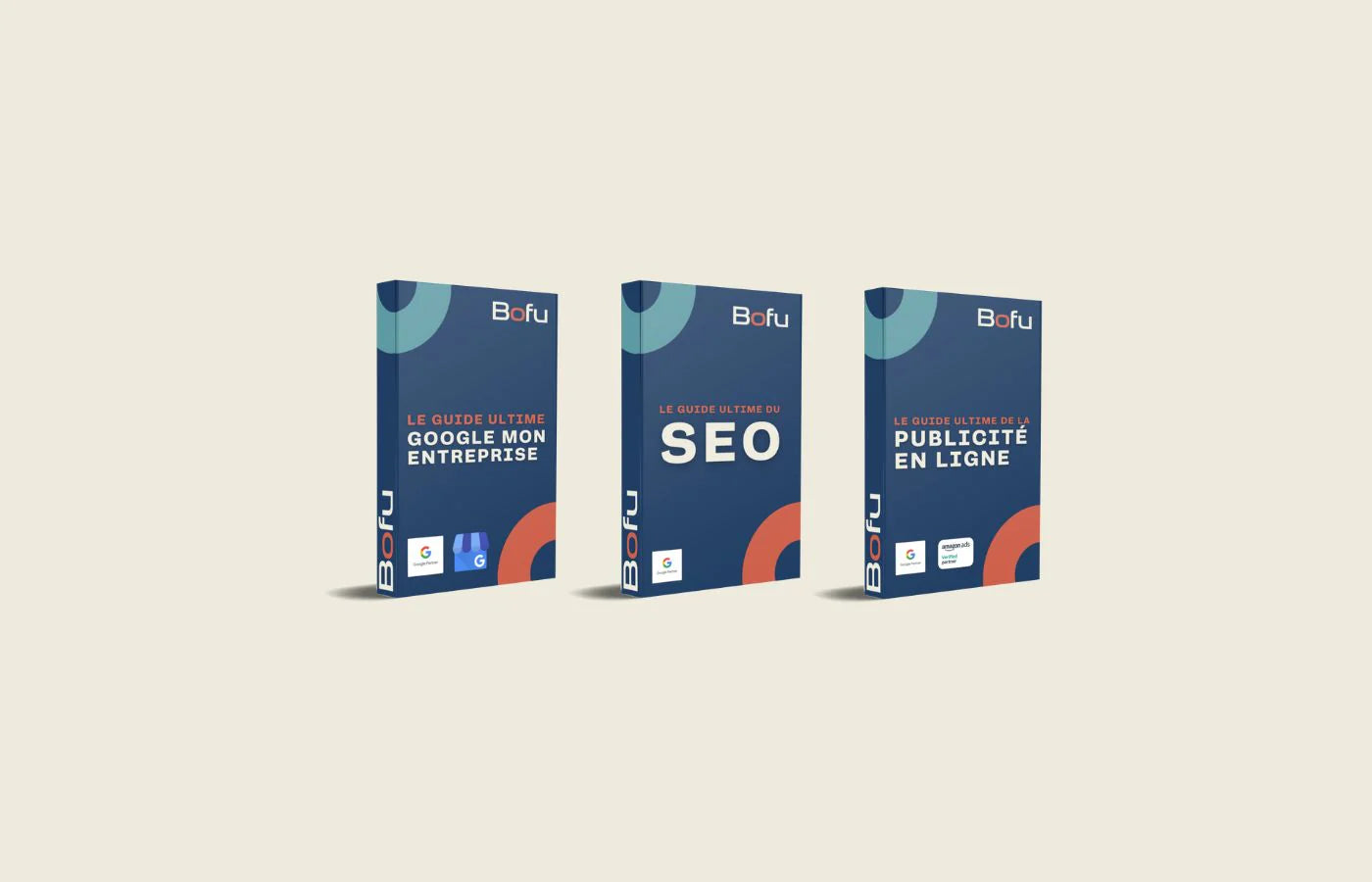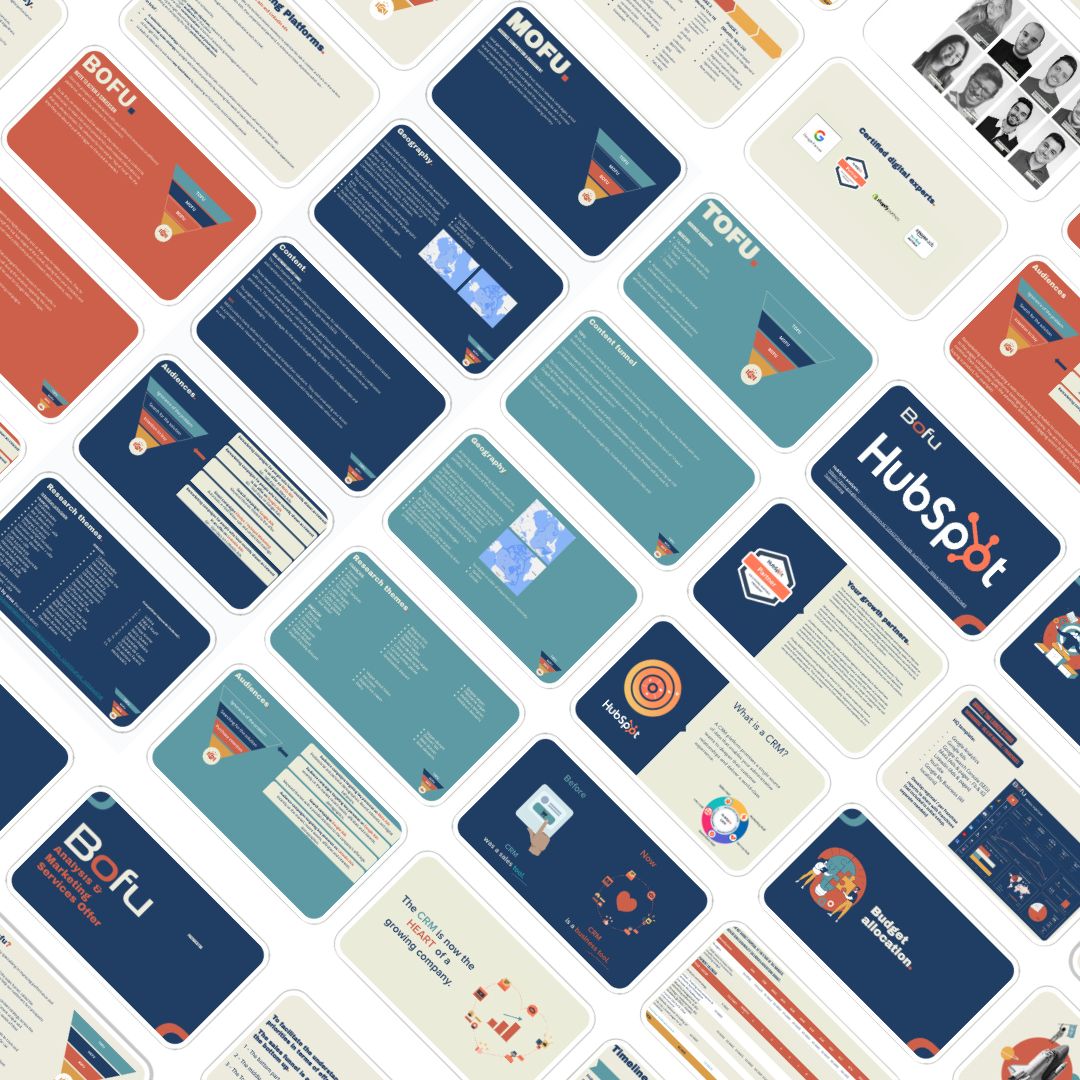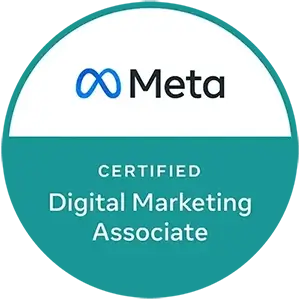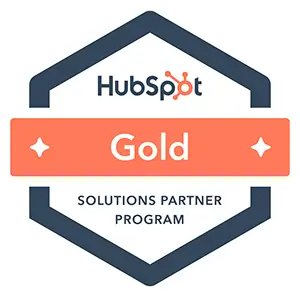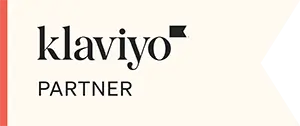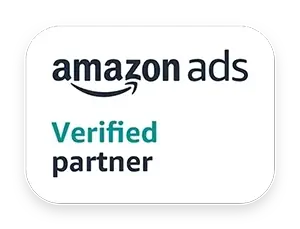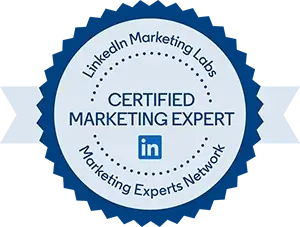As an entrepreneur, you want all eyes on your business or brand. Don't worry, this isn't a utopian dream. In fact, one way to increase your business's visibility is to appear among the top search results on Google and be visible on its ad network platforms like YouTube, among others.
Here, you have two options: appearing organically in searches, without ads, or using paid ads. You might be tempted to choose one or the other, but we'd say the right answer is a combination of both.
Why combine organic and paid strategies?
Organic search results are the result of months (or years) of producing quality content and solid SEO. Consistent blog posts and social media content will slowly increase your domain's authority and move you up in search rankings.
Then there's paid search and pay-per-click (PPC) advertising. These allow you to circumvent the system and build a following in the hopes of generating leads, closing sales, and quickly recouping your investment. However, you can't just throw money at a system and magically expect a good return.
You'll need research, a little finesse, and, of course, a lot of optimization to achieve this. That's where our agency comes in!
We manage and optimize Google Ads campaigns for all types of businesses. When people use a search engine , we place your ads in front of them at the right time, throughout their customer journey.
The Basics of Paid Search and PPC
Before diving into the details and offering practical advice , let's cover the basics.
What is paid search and what is PPC advertising?
Almost every Google or Bing search results page contains a few links at the top with the word "AD" written in bold next to them. These results appear above organic search results, allowing marketers to gain exposure without having to invest months in developing organic content. The company or brand receives a specific amount of money each time one of these links is clicked.
Some terms to know:
Keywords
In the search query, you can focus your ads on certain keywords. For example, if you're a dietary supplement manufacturer, you might target terms like "pre-workout shake" or "superior workout supplement."
Short-tail keywords, meaning generic keywords that are important to your industry, typically have high search volumes and, of course, more businesses competing for them. If you focus on secondary keywords, they'll have less competition, making them less expensive to advertise.
Note that long-tail keywords, which are keywords that are not searched as often as the most popular terms because they are generally very specific, will have less competition and cost less to advertise with.
Keep in mind that the price of the keyword, especially on Google's advertising platform, Google Ads, depends on the competition for the purchase of this keyword.
Print sharing
An impression on Google Ads represents how often your ad appears. An impression is counted each time your ad appears in search results or on a site in the Google Ad Network.
Your PPC ad's impression share indicates how well it's performing. It's essentially the number of impressions you received divided by the number of estimated impressions you were eligible for.
Negative keywords
Unlike target keywords, these are keywords that you don't want to appear for since you don't want your brand or business associated with them.
To avoid wasting marketing spend on unrelated search queries , you should monitor your impression shares and eliminate any negative keywords once your ads are running.
Optimize paid search and PPC
Offer optimization
As you probably know, being on the first page of Google is essential. Furthermore, being in the top three positions results in the vast majority of clicks.
But wait, you don't just want to be the first result on a results page; you want to be the first result on important search pages. To do this, you'll need to refine your bidding approach.
If you're ranking two or three for ad words that are generating a positive ROI , you want to increase your bid to push them to the top spot.
If you're ranking first for ad words that aren't generating a positive ROI, you'll want to lower your bid (or remove that keyword search altogether).
This is where budget management comes in. PPC and paid search marketing can quickly burn through a marketing budget if not carefully considered beforehand. With some ad words reaching the $40 to $60 per click range, you'll want to make sure you're on top of your bid adjustments and, if you're working with a smaller budget, target more long-tail keywords.
Google Ads has an automated bidding strategy and formatting tools to ensure you're not completely overwhelmed. Use these bidding strategies because over time,Google's machine learning has become quite adept at understanding consumer habits.
Investment recycling
Your ads aren't just for Google, Bing, and other search engines . It's also important to note that sponsored search marketing methods can be used to target e-commerce platforms, like YouTube. Each platform has its own targeting strategy that allows you to generate ROI through sales leads and conversions.
Optimize your ad groups
PPC ads have a chance to grab a user's attention and entice them to click, but for that, you need actionable keywords, a relevant headline, and optimized ad copy.
You have 135 characters to grab a user's attention either:
- 30 for the title;
- 90 for the body;
- 15 for the URL ad path.
That doesn't leave much wiggle room, which means you'll need to be specific in your descriptions. If your impression share is less than ideal, before deleting the campaign, try editing the text fields in your ad groups to see if you can generate more interest, keeping in mind that:
- Your title is the most important section — make sure it's relevant and direct;
- Use actionable words in your body copy;
- Keep the ad copy positive;
- Use the opposite theory (if you use words like “high” quality, try “low cost”);
- Make sure you get to the point in the first 5 words.
Optimize the conversion rate
If you have a high impression rate, but a low conversion rate—product purchase, appointment booking, etc.—it could be that your ad copy or targeting capabilities are good, but you're targeting the wrong audience.
Use key research tactics including affinity, market, and similar audiences in your search campaigns to increase conversions.
These will encourage Google to show ads to more qualified prospects (those who are likely to convert).
Effective management of your site's tags is crucial for its analysis and optimization. Boost your website 's performance with Bofu's expertise. Schedule an exploratory call with our team today.
Optimize against the competition
All of this strategy and research doesn't happen in a vacuum. Remember, you're competing with your entire industry. That's why, if you're a smaller player, your best bet is to focus on long-tail keywords that have less competition. Likewise, if you're an up-and-coming player, you may be competing for your own brand.
Large companies with unlimited marketing budgets can purchase Google ad words that target the markets of smaller competitors, including attacking their own brands.
If your business isn't the first one in search results when you type in its name, you may need to run ads under your own name to ensure competitors don't steal your traffic.
Another competitive-focused strategy is to identify what Google ads competitors are using and what their ad copy looks like.
With an “ Auction Insight ” report You can better understand your competitors' advertising presence since this report identifies which competitors are also running ads using your keyword sets and how often. Use it to determine what type of messaging competitors are using and how they are generating traffic.
Search term monitoring
Google Ads gives advertisers the unique ability to see exactly what users are searching for when they run their ads.
This provides solid insights into consumer psychology, which then allows you to make adjustments not only to your advertising campaigns, but also to your website . This is because you'll learn more about high-performing search terms that should be added to your campaigns so that the amount of budget spent and the destination of traffic are intentional.
On the other hand, if a search term is not relevant to your product or service , it should be added as a negative keyword to prevent ads from showing similar searches in the future.
Optimizing internal levers
There is a wealth of useful information about the reports that Google Ads provides. This information includes:
- Age groups;
- Sex;
- Household income level;
- The devices that performed the search query.
Advertisers can adjust their bids and optimize for specific demographics as data is acquired. This constant pushing and pulling of buttons allows your brand to explore new territories and reach new people.
From scratch
If your business is launching a sponsored search marketing campaign , make sure you have a solid foundation to build on. While Google offers excellent metrics, easy-to-understand reports, and management options, real-time optimization without prior research will waste your marketing resources.
This is why digital marketing specialists , like our agency, conduct an audit of businesses and their audiences before launching a campaign. The better and more thorough the audit, the less effort and resources will be wasted.
To generate quality PPC campaigns and reach more customers, contact us today to see how we can help you grow.
GOOGLE PARTNER MARKETING AGENCY
 Structuring your business growth
Structuring your business growthby establishing a precise strategic plan , enabling its development to be accelerated
and generate a return on investment
fast and measured.
Learn more about our Google Partner Agency Certification here.
Want to maximize your advertising results with Google?
At Bofu, we help you design, manage, and optimize all types of Google Ads campaigns based on your business objectives. Discover our specialized services:
-
Google Ads (SEM) advertising to build a complete and profitable strategy.
-
Research campaigns to capture active purchase intentions.
-
Display campaigns to expand your reach and strengthen your brand awareness.
-
Shopping campaigns to boost your online sales with an optimized product feed.
-
Performance Max , the automated solution that combines all Google channels for optimal ROAS.
-
YouTube campaigns to inspire and trigger purchase intent through video.
-
Discovery campaigns to reach new, high-potential audiences.
-
Demand Generation campaigns to drive demand across the entire Google ecosystem.
-
App campaigns to increase in-app installs and engagement.
Whatever your objective, we can help you structure effective campaigns adapted to your reality.
